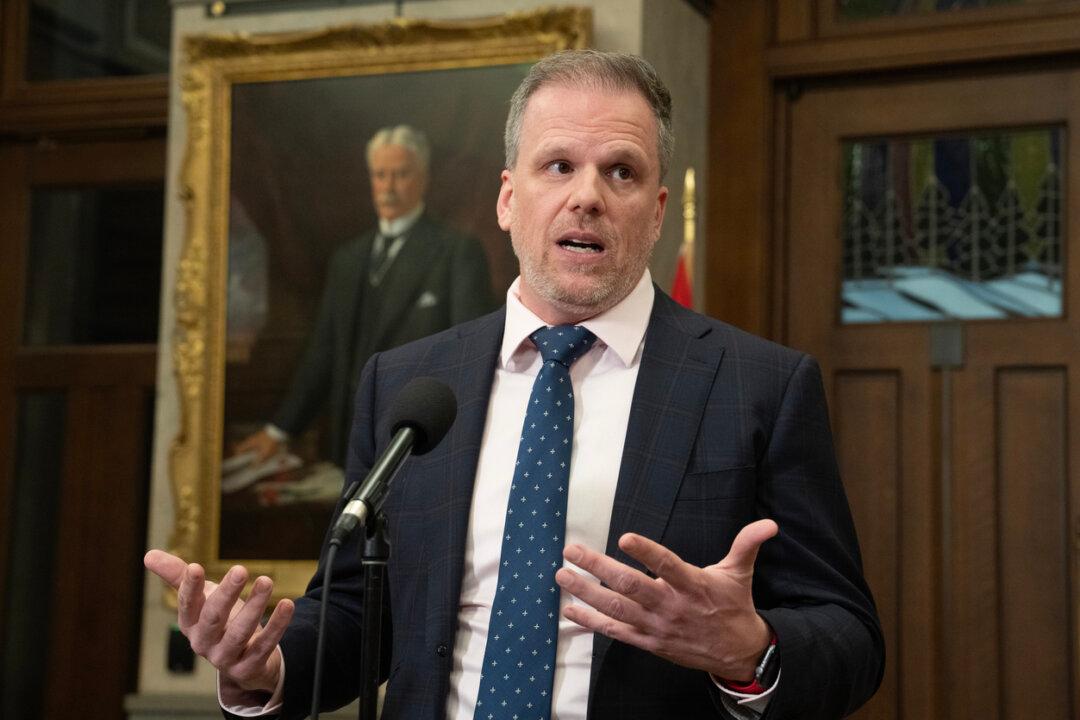Health Minister Mark Holland has defended the time it took for the government to launch an investigation into the two fired scientists at the Winnipeg lab, beginning the probe months after initial red flags were raised.
Mr. Holland testified before the House of Commons Canada-China committee on April 8, addressing the ongoing investigation into national security breaches involving scientists Xiangguo Qiu and Keding Cheng. Ms. Qiu and Mr. Cheng, a married couple, were removed from Canada’s top biosafety lab in Winnipeg by the RCMP in July 2019 and subsequently fired in January 2021 for having undisclosed ties to Chinese regime entities.





